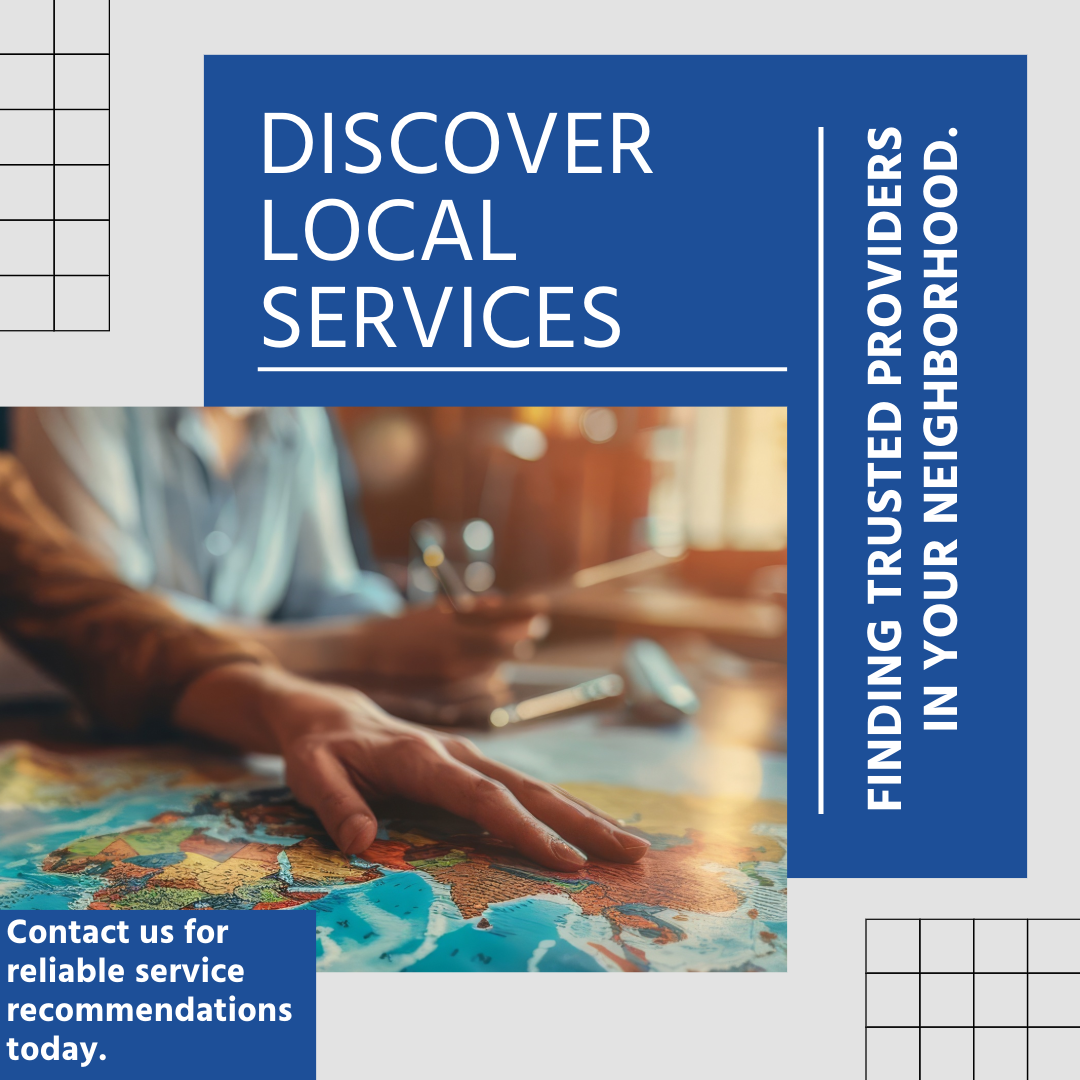
If you’re stepping into the realm of homebuying for the first time, there’s a good chance you’re encountering a few unfamiliar terms and phrases. This isn’t just about finding your dream home; it’s about understanding the process, too. You’re going to find out about the foundational language of the real estate world, and that’s where we’ll start: getting you acquainted with common terms like ‘mortgage.’
So, here’s the rundown: A home loan, also known as a mortgage, is essentially an agreement where a lender provides you with the money to purchase a home, and in return, you agree to pay it back over time, typically with interest. Think of it as the backbone of the homebuying process—without it, most deals wouldn’t happen. And get this, there are different types of mortgages, each with its own set of rules and benefits, which we’ll touch on shortly.
Now, getting pre-approved for a mortgage is a crucial step. It gives not only you but also sellers the confidence that you’re a serious buyer with the means to purchase a home. It involves a lender reviewing your financial situation to determine how much they’re willing to lend you. This is a foundational move in your home-buying strategy. It’s about financial readiness meeting opportunity.
And that’s just the beginning. You’re also going to navigate through terms like equity, escrow, and amortization. Don’t worry too much about getting lost in the jargon; I’m here to help you with clear explanations. In my opinion, knowledge is power—especially in real estate.
With the basics down, you’re now better positioned to approach the next big challenge: the down payment. And guess what? There are programs designed to assist with that—think of them as a helpful co-pilot on your journey to homeownership. But remember, just like with any co-pilot, you need to understand who they are and how they operate. That’s exactly what we’ll tackle in the next section.
The Down Payment Dilemma: Exploring Assistance Programs

Figuring out your down payment can be one of the trickiest parts of buying your first home. Traditionally, you’re aiming for 20% of the home’s value, but that’s a hefty amount for most of us to save up, especially up front. You might now be wondering how people manage to pull this off. Well, consider this a crash course in down payment assistance programs.
First off, these programs are designed to help first-timers like you get over the down payment hurdle. They can come in various forms such as grants, which you don’t have to pay back, and low-interest loans. The catch? Some of these programs might require you to live in your new home for a certain number of years or cap your homebuying budget.
Now, remember when we talked about the down payment being kind of like a second loan? Well, that’s because while these programs help you out initially, they normally need to be repaid eventually. This means you’re juggling two loans now – your primary mortgage and the helper loan. They come with their own terms, interest rates, and payback schedules, so keep that in mind.
I want to stress the fact that while assistance programs might mean you’re taking on more debt, they also represent an immediate opportunity to build equity in a home, and that’s a big deal. You just have to be financially savvy about the type of assistance you opt for and the long-term obligations it entails.
Local Insights: Partnering with a Mortgage Lender for Local Programs

I’m going to level with you about one crucial piece of your home-buying puzzle: the local mortgage lender. They aren’t just another cog in the wheel. They’re your gateway to special programs and grants that you might never know about if you don’t ask the right questions.
You’re going to find out about programs that can offer tangible financial benefits and possibly even lower your monthly payments. Your lender knows the lay of the land and can point you toward benefits like tax credits, subsidized interest rates, or even closing cost assistance available in your area.
Now, what is a big advantage of a local lender over the big banks? They have a vested interest in helping the community thrive, and that includes making sure folks like you can buy a home there. A solid relationship with your lender often translates to personalized insights that can make a world of difference.
Keep this in mind as you move into the realities of the Minnesota real estate market starting August 2024. Don’t forget, a good lender is more than just a financier; they’re a resource for navigating the new laws that will shape your homebuying experience.
Navigating New Real Estate Legislation in Minnesota

Starting August 2024, the real estate landscape in Minnesota will see significant changes due to new legislation. If you’re looking to buy a home here, you’re going to need to understand these changes to navigate the market effectively.
Under the new law, any consumer looking to view a home must be under contract with a real estate agent. This means you can’t just go to open houses or ask to see a property on a whim. Being under contract formalizes your relationship with an agent, but it also might limit your options.
It’s crucial not to rush into any agreements. You might feel pressure to sign a contract just to start looking at homes, but remember, this is a significant commitment. The contract ties you to the agent, often dictating the terms of your collaboration, including how long you’ll work with them and the commission you’ll pay upon purchase.
Many potential buyers don’t realize the weight of the contract they sign with their realtor. I’m here to tell you, don’t just settle for the ‘industry standard’ commission of 2.7% without fully grasping the consequences. Each percentage point can translate to thousands of dollars, and you should know what services are being provided in exchange for the fee you’re committing to pay.
It’s essential to vet the realtor’s track record, understand their policies, and negotiate terms that work for you. Transparency from your agent is key. They should be able to explain all the terms of the contract in a way that you understand, ensuring you don’t feel trapped later on.
Facing Real Estate Fees: A New Cost for Buyers to Consider

If you’re in the market to buy a home, there’s a new cost you have to consider: real estate fees. Traditionally, these fees have been the seller’s responsibility, but that’s starting to change. The rationale makes a bit of sense when you think about it. Why would a seller pay an agent to negotiate against them? This new shift in who pays the real estate fees is being questioned and discussed nationwide.
In a sense, buyers are now sometimes expected to pay their own real estate agent’s fees. This could significantly impact home affordability, especially for first-time buyers who are already stretching their budgets. It’s important you factor in these costs early in your planning process.
Minnesota, in particular, is setting a precedent with this arrangement, and buyers here need to be especially mindful of these potential fees. With the landscape of real estate changing rapidly, I’m going to help you strategize. We’ll look at how you can prepare for these additional costs and even negotiate to better position yourself in the next section.
The Fine Print: Critical Considerations Before Signing with a Realtor

I’m going to get straight to the point. When you’re about to sign with a realtor, you’re not just choosing a guide for your home-buying journey, you’re entering into a legally binding agreement. And this isn’t just about finding a friendly face to show you around; it’s also about negotiating terms that will have a lasting impact on your financial well-being.
That’s the strategy I like to leverage: invest time in understanding the ‘industry standard’ commission rate. You might’ve heard of the common 2.7%, but here’s the catch: it’s negotiable. Yet, many buyers don’t realize they have a say in this. So, my question to you today is, why settle without a conversation?
When negotiating commission rates, remember, it’s your money at stake. You want to ensure that you’re getting the best possible terms. Don’t worry too much about rocking the boat—reputable agents expect, and respect, savvy clients who express their expectations.
You can always adjust your approach down the road, but getting a clear understanding of what you’re agreeing to upfront can save you from unwanted surprises down the line. Your first attempt doesn’t need to be your last. If an agent is unwilling to discuss commission rates, there may be more accommodating professionals out there.
Choose someone who resonates with you, but also someone who demonstrates transparency about fees. In my opinion, a good realtor will explain the consequences of the agreed-upon commission rate, ensuring you know exactly where your money is going and why.
Empowering Homebuyers: How to Guard Against Greedy Real Estate Practices

I’m here to help you with a key aspect of homebuying: staying vigilant. Educating yourself is the cornerstone of making empowered and informed decisions. This isn’t just about identifying the perfect home; it’s also about knowing how to navigate the waters of the real estate market, which, let’s be real, sometimes can be filled with sharks.
You’re going to find out about the critical tools at your disposal for becoming a smart homebuyer. These include understanding the true value of the property, comprehending market trends, and getting to grips with the legalities of the homebuying process. A bit of effort here can save you from headaches down the road.
Homebuying red flags can often be subtle. It’s important to recognize signs like overly aggressive selling tactics or unclear terms in contracts. If something doesn’t feel right, pause and seek advice. A second opinion is not only reassuring but could spotlight issues you might have missed.
Protecting yourself from unfair real estate practices is not just about awareness—it’s about action. Always read the fine print. Don’t get pressurized into agreements that don’t sit well with you. It pays to remember: no deal is better than a bad deal. And when it comes to hiring an agent, choose someone who has your best interests at heart, not just their commission check.
Finally, remember that these tips aren’t meant to scare you, but rather to prepare you. With your eyes wide open, you can step confidently into the real estate market and make decisions that align with your best interests, financial goals, and personal values.
In Conclusion: Your Homebuying Advocacy

You’ve come a long way, absorbing critical details that could sculpt your homebuying journey into a positive experience. This isn’t just about closing a deal; it’s about becoming a savvy consumer in a complex market. By now, you’re equipped with the necessary know-how to navigate through Minnesota’s new legislation and to understand the implications of realtor fees and contracts.
Your quest for knowledge is commendable. It’s easy to get caught up in the excitement of buying your first home, but you’ve shown that you’re not one to leap without looking. Seeking out reliable information and asking the right questions are forms of self-protection in any real estate transaction. Remember, the choices you make will have lasting impacts, so taking the time to be well-informed is invaluable.
I really hope that this article serves as more than just a guide; let it be a tool you come back to as you progress through the stages of homebuying. Whether it’s a refresher on down payment assistance programs or the fine print of agent contracts, the power of knowledge is now in your hands.
Finally, I want to extend a sincere thank you for trusting me to be a part of your journey. In my opinion, informed buyers are the key to a healthy real estate market, and by arming yourself with this information, you’re contributing to a brighter future for all homebuyers.
Join the Conversation: Share Your Insights and Experiences

I’m thrilled that you stuck with me through this crucial discussion. Remember, buying your first home should be an exciting leap into a new chapter, not clouded by unnecessary stress and confusion. By immersing yourself in the knowledge of real estate intricacies, you’re arming yourself with the best defense against potential pitfalls.
But I’m just one voice in the vast expanse of the real estate world, and your voice matters too. I want to hear about your journeys, the lessons you’ve learned, the victories you’ve celebrated, and even the obstacles you’ve faced along the way. Your stories are the bedrock of shared knowledge that can help others navigate their paths.
Comment below to join the conversation. Whether it’s a question, a piece of advice, or simply a share of your experience, each contribution enriches our collective understanding. Let’s build a community right here where advocacy and support are not just words, but actions we take every day to help each other in the realm of real estate.
And if you’ve found this article helpful, or if you think it could aid someone else’s journey, don’t hesitate to share it. Together, we can usher in an era of more informed, confident, and careful homebuyers. Thanks for reading, and here’s to turning the dreams of a perfect home into reality, with eyes wide open and a strategy that’s sound.




